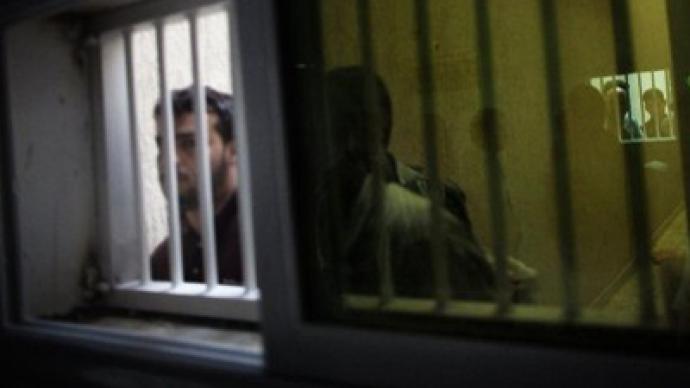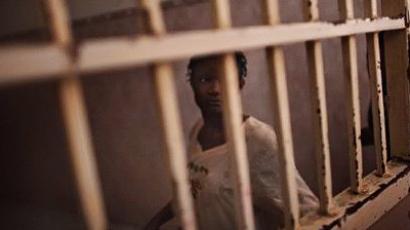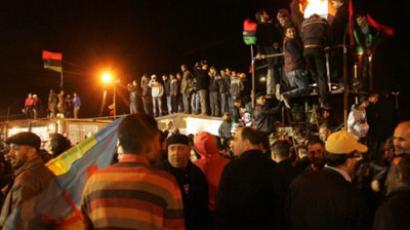Libya moving to democracy through torture?

Thousands of supporters of Colonel Gaddafi are being detained, with some tortured in secret prisons by revolutionary brigades, the head of the UN Support Mission in Libya says. Rights groups have already raised the alarm on torture in Libyan prisons.
At an open session of the United Nations Security Council, the UN special Envoy for Libya Ian Martin said he has “credible information” on several episodes where people have been tortured to death in the country’s secret detention centers.According to Martin, Libya’s Ministry of Justice says it has taken under control 31 illegal prisons with some 3,000 inmates. But many others remain.“An additional number of detainees, perhaps around 4,000, are still in the custody of brigades, either at formal or secret detention facilities,'' Martin said. Illegal prisons are known to be established in Tripoli, Misrata, Bani Walid, Az-Zintan, Az-Zawiyah and other towns.In March, a shocking video emerged on the Internet, showing Libyan rebels torturing a group of black Africans. People with their hands bound were shown locked in zoo-like cages and allegedly being forced to eat the old Libyan flag.Libya is currently preparing for its first free national congress election in 45 years. The UN representative called on the country’s government to address the practice of illegal prisons immediately if it really is interested in establishing rule of law and protecting human rights.In January, Medecins Sans Frontieres had to suspend its work in Libya’s third-largest city Misrata after having to treat tortured prisoners.The group reported its doctors had to help detainees with burns from electric shocks and cigarettes, heavy bruises and renal failure, evidence of continuing torture of prisoners. According to the UN, the number of prisoners has diminished in Libya. As of November 2011, there were an estimated 7,000 detainees in prisons around the country without any hope for a fair trial.The recent suspension of promised payments to former revolutionary fighters has sparked discontent among the revolutionary brigades, provoking several conflicts. Ian Martin says clashes continue between towns in western Libya, there is ongoing violence in the southeastern town of Kufra, and fighting in the southwestern city of Sabha left 147 people dead in March.The UN representative said that the latest incident, when Libyan militias attacked the prime minister's office on Tuesday “indicates the seriousness of this discontent.”Still, Martin says that the country is moving towards democracy. He notes there are some positive signs in Libya, particularly in its economic progress.Libya is currently producing some 1.4 million barrels of oil a day, but foreign investments in vital reconstruction will return only after security is restored.With active support of NATO member countries and some Arab states, the Libyan rebels fought the regime of Colonel Muammar Gaddafi since February 2011. After half a year of civil war, Gaddafi was killed and power transferred to the National Transitional Council.The country’s first democratic election in nearly half a century is planned for June, with elected members of the National Assembly expected to create a new constitution.














